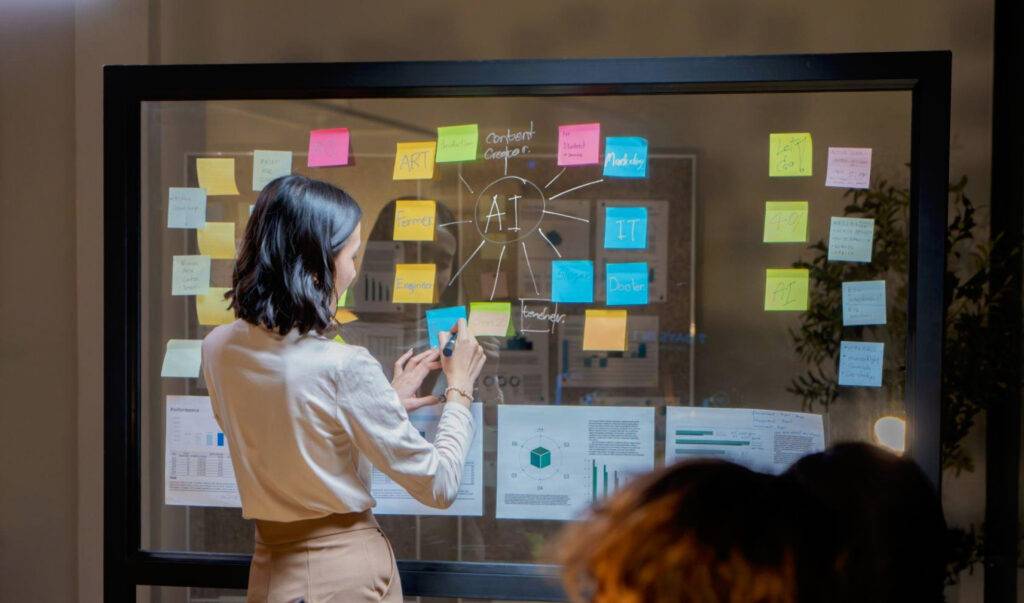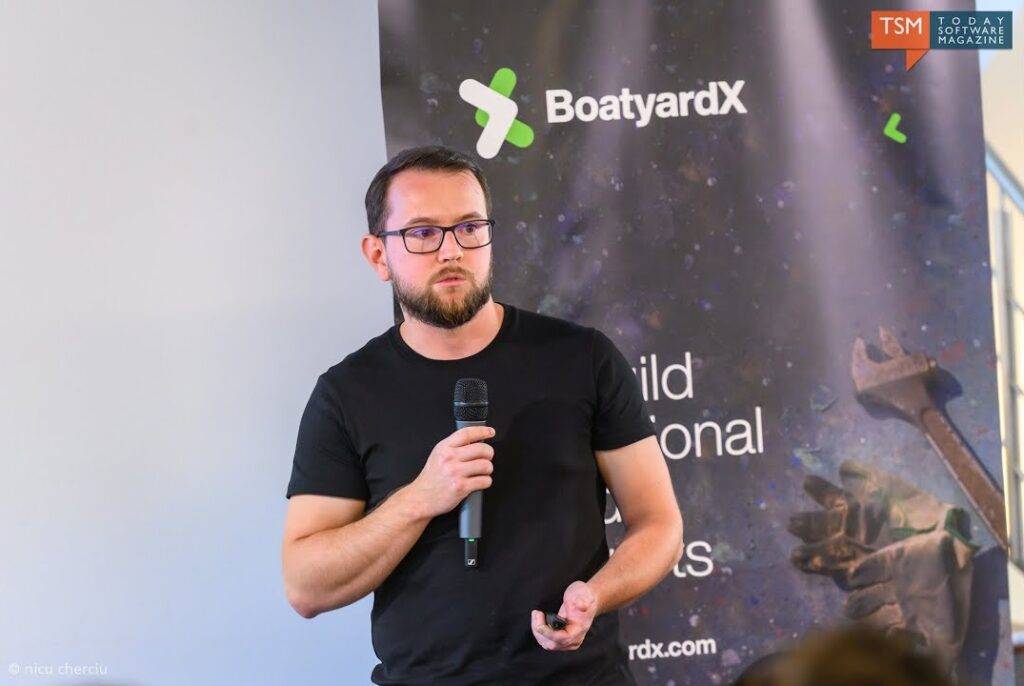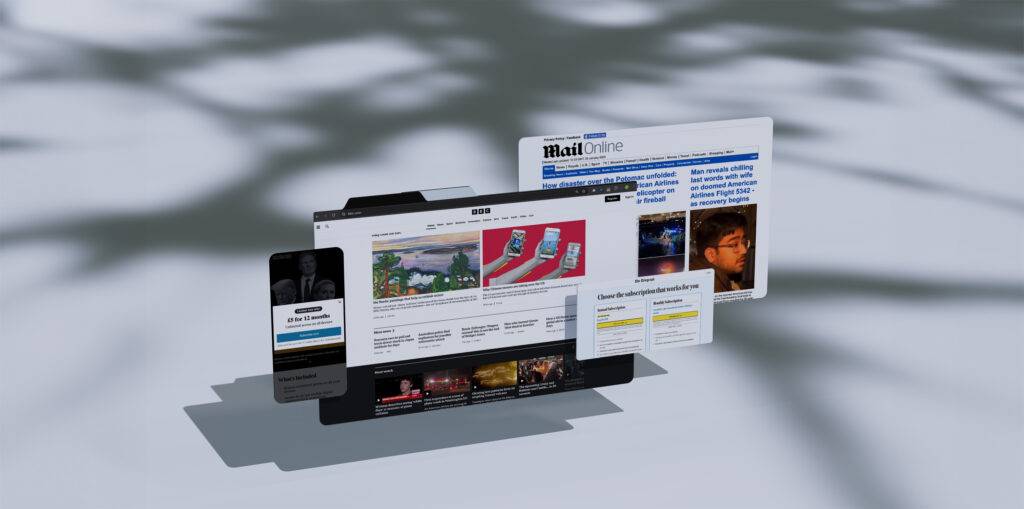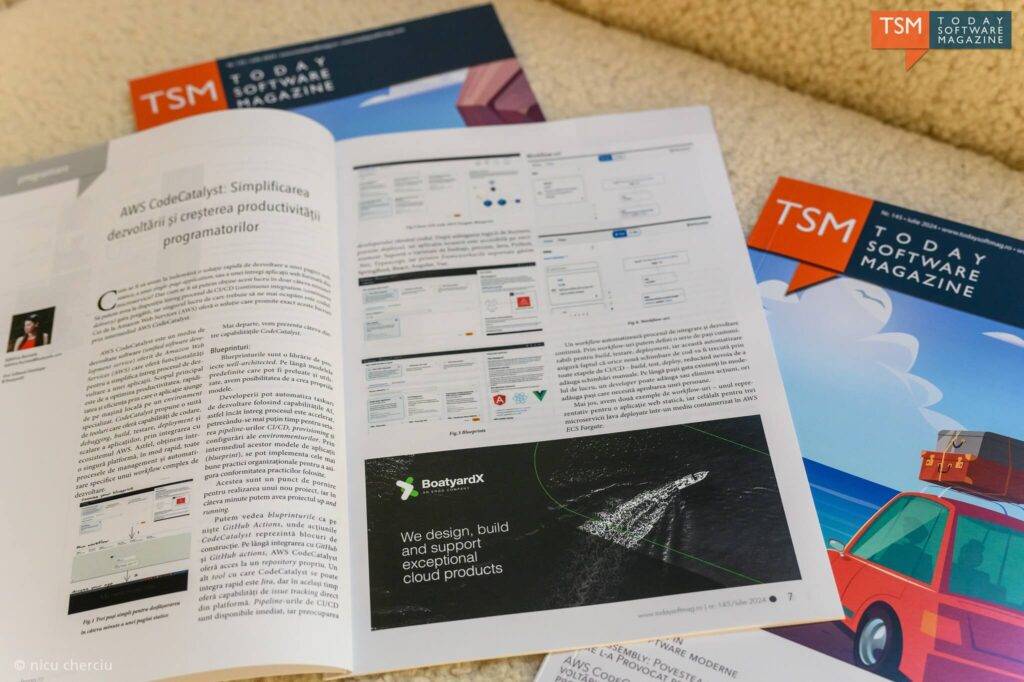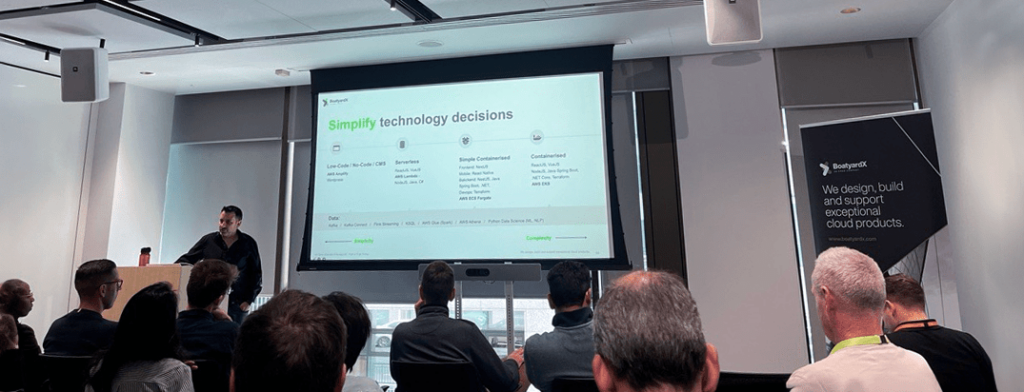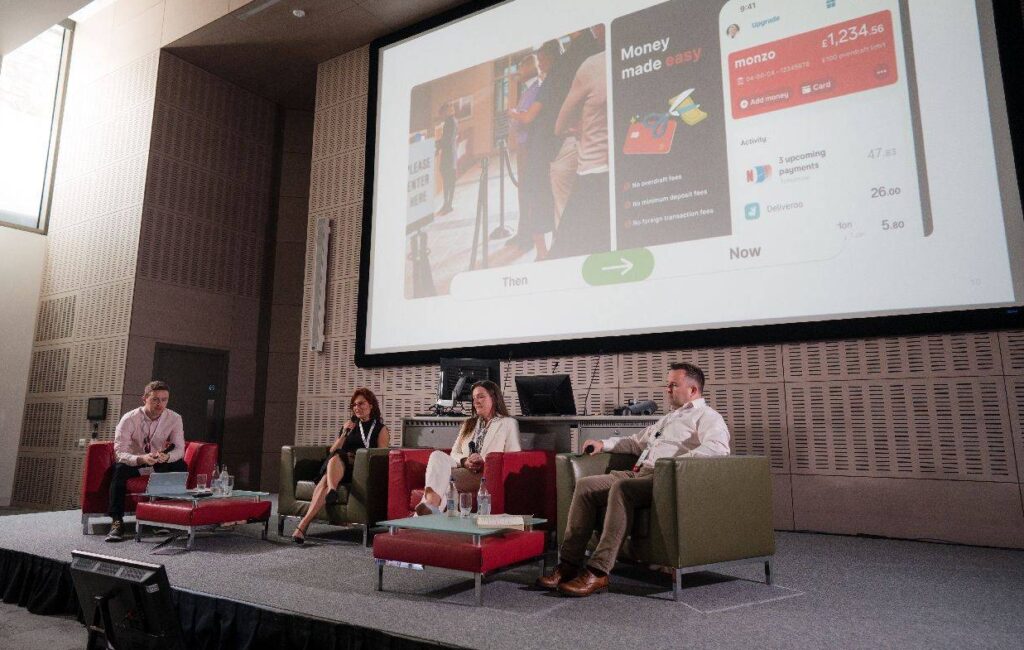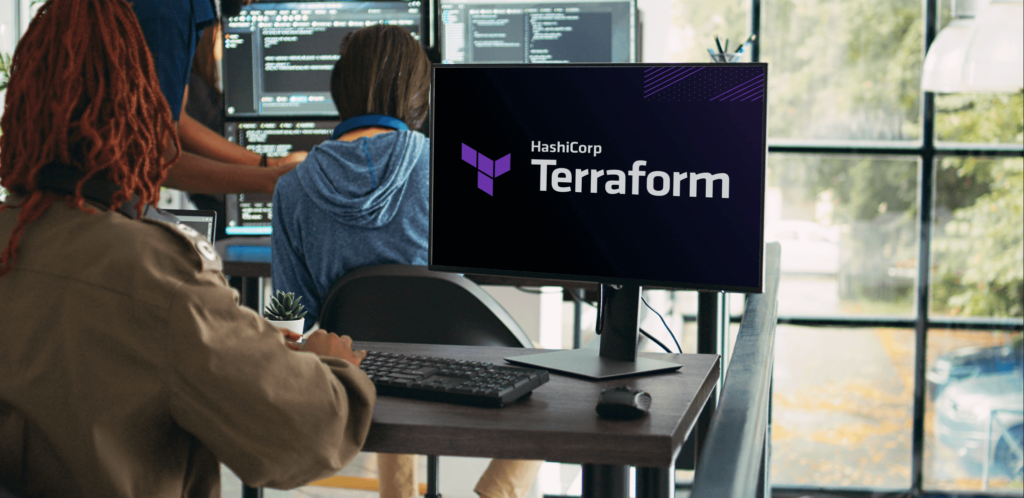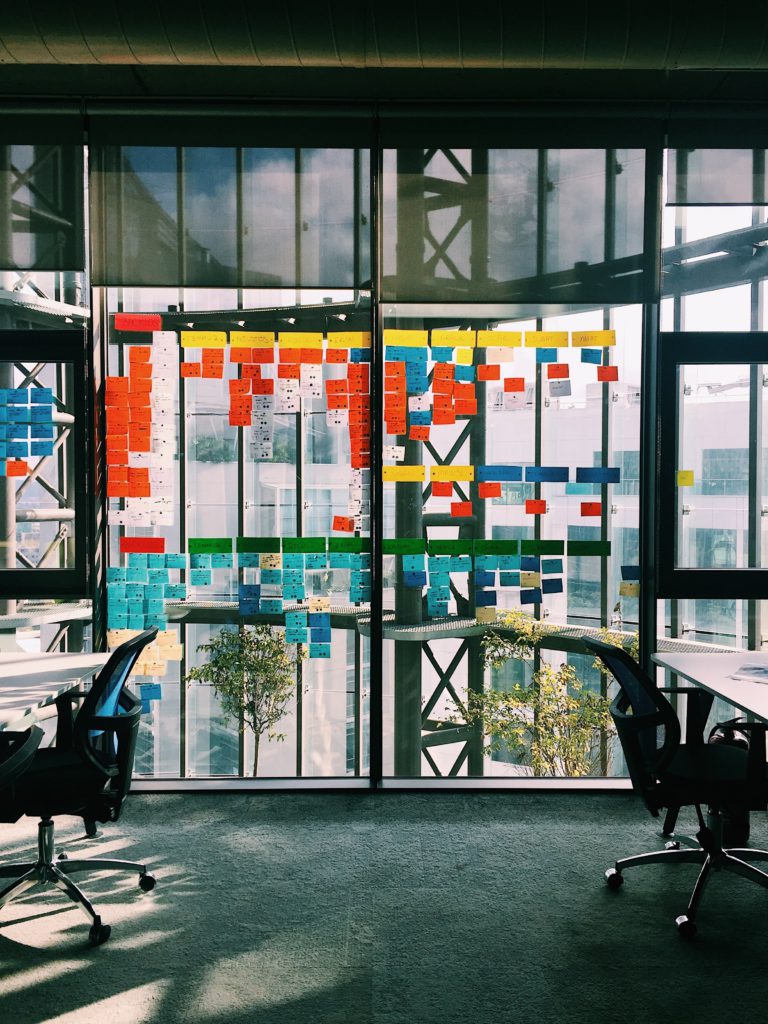- Gheorghe Farcas, DevOps Engineer at BoatyardX
I’ve always been fascinated by technology. My career started as an Electronics Repair Engineer, with a huge passion for anything computers related. Over the years, I transitioned through various roles, each adding a layer of expertise and experience, ultimately leading me to my current position as a DevOps Engineer.
In this article, I will share my experience of moving from electronics repair to IT support and finally to DevOps. I hope my story will inspire and guide those who are contemplating a similar career path or are simply curious about the world of DevOps.
From IT Support to DevOps: The Beginning
My professional journey began in the world of electronics repair. I was always fascinated by how things worked and enjoyed the challenge of fixing them. This passion led me to start my own electronics repair business, where I honed my technical skills and learned the intricacies of managing a business. During the Pandemic, everything changed. I transitioned into managing the service and repairs department for a big computer retailer. This role was pivotal as it allowed me to bridge my electronics knowledge with computer systems and networks. My curiosity and desire to delve deeper into IT led me to join the support department of a gaming company, where I went deeper into networking and on-premise server management.
Working in IT support was an enriching experience that provided me with a strong foundation in troubleshooting, customer service, and technical problem-solving. However, I soon realised that I wanted to be more involved in the development and operational aspects of IT, which led me to explore the field of DevOps. The more I read and learned about it, the more it fascinated me.
Acquiring the Right Skills
I knew I wanted to move into DevOps, so I made sure everyone around me knew it too. One day, I got a call from a former colleague, who works at BoatyardX. He told me their DevOps team was growing rapidly and needed someone to handle support tasks. He asked if I would be interested in taking over those tasks and gradually transitioning to DevOps. I jumped at the opportunity.
While performing IT support at BoatyardX, I was introduced to the world of DevOps by my colleagues. I had some basic knowledge of Linux, but it was here that I really dove into it, learning the ins and outs of bash and bash scripts. Once I had a solid foundation in Linux, I moved on to learning virtualisation (VMware ESXi and NSX-T), Ansible, Docker, and eventually cloud technologies like AWS and Azure. As I progressed, I tackled Terraform and Kubernetes.
I also learned about the myriad of in-between technologies, like web servers (Apache and NginX), certificates, monitoring tools (Nagios, Prometheus, Grafana) infrastructure access platforms (Teleport), and so many more. Additionally, I was exposed to the full spectrum of working methodologies, from traditional Waterfall to Agile and Scrum. This experience broadened my understanding of project management and team collaboration.
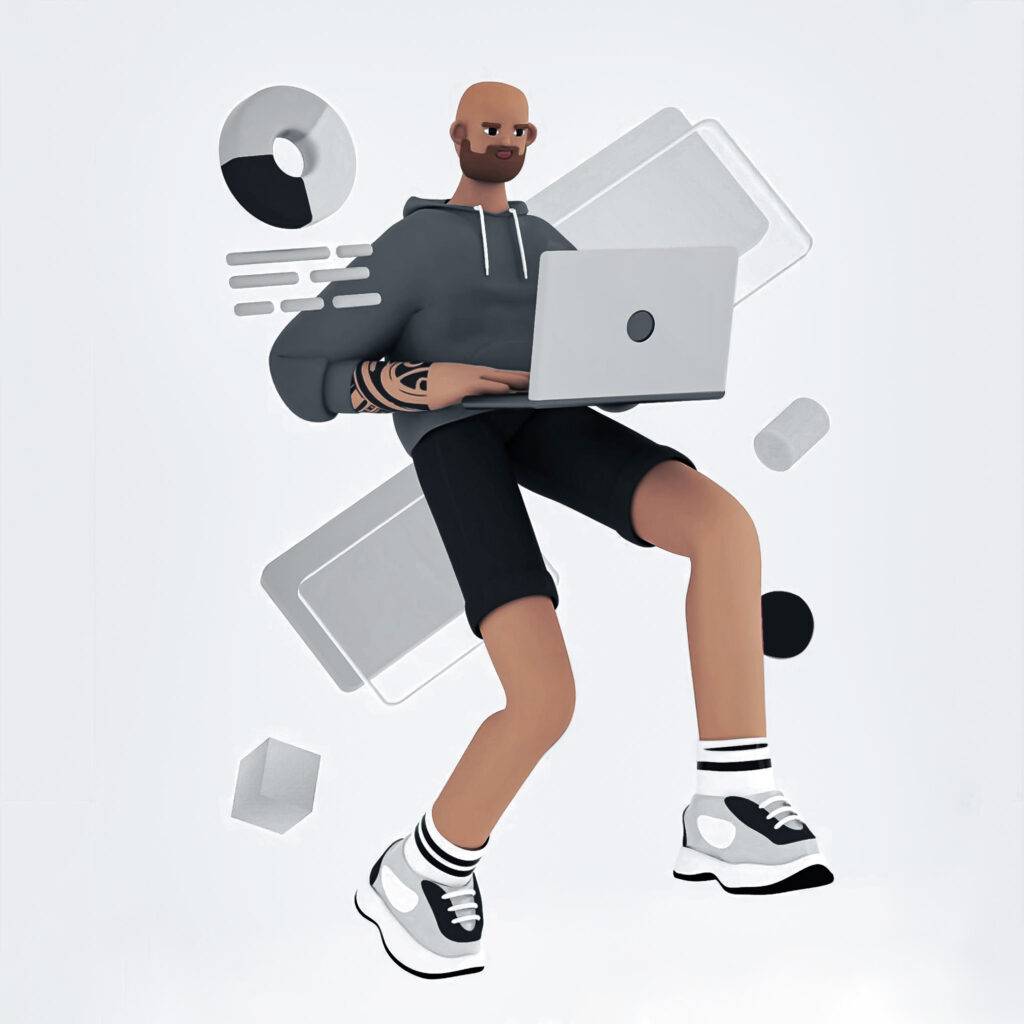
The Challenges
At first, the plethora of projects and technologies my colleagues were working on was overwhelming. I was 42 when I joined BoatyardX, and my concern was: when will I have the time to learn all these? Did I make a mistake? Am I too old for this? Here is where my previous electronics repair experience kicked in: in electronics, to be proficient, you have to understand the basics, from the laws of electricity to basic electronic components and circuits. To fix something, you have to know how it works, in detail.
My Eureka moment in DevOps was when I realised that I needed to understand the software development processes. How a web application is coded, how it is built, how it is deployed, how it communicates with various databases, and how it is maintained and updated continuously. Understanding these fundamentals was key to overcoming the initial overwhelm and mastering the tools and technologies in DevOps. And for me there was no other way, than hands-on trial and error, built on lots of documentation reading. I started by coding my own simple app in Python, then I ran it locally, containerised it, deployed the image manually to a container registry, and so on and so forth, until I had my own infrastructure up and running, in AWS and in Azure.
It was funny for me how I found the time for all these experiments. I love PC strategy games, and I spend a big chunk of my free time lost in them. I treated the entire app deployment and infrastructure building process as a strategy game, and my play switched from Sid Meyers Civilisation to Microsoft Azure Cloud, and from managing virtual empires to managing virtual infrastructures.
A Day in the Life of a DevOps Engineer and Its Impact
Transitioning into the DevOps role at BoatyardX has been transformative, with collaboration at the core of my daily work. Unlike previous individual-focused roles, DevOps thrives on teamwork and constant communication. This dynamic has strengthened my relationships and fostered camaraderie among my colleagues.
My days are a mix of maintaining systems and experimenting with new tools, ensuring a continuous learning experience that keeps me engaged. I’ll never forget the thrill of launching my first pipeline—it was like winning the lottery. Alongside technical work, mentorship has been a significant part of my journey. I lean on experienced colleagues for guidance, while also sharing my own insights with newer team members. This exchange highlights the flexible, problem-solving nature of DevOps, where there’s often no one “right” solution.
Balancing work and personal life is key to maintaining my enthusiasm, and time with family and hobbies help me recharge.
Reflecting on my achievements, building relationships and trust with my team has been the most rewarding. Celebrating successes, learning from failures, and the support of my team have made this journey fulfilling, underscoring the value of resilience and continuous growth.
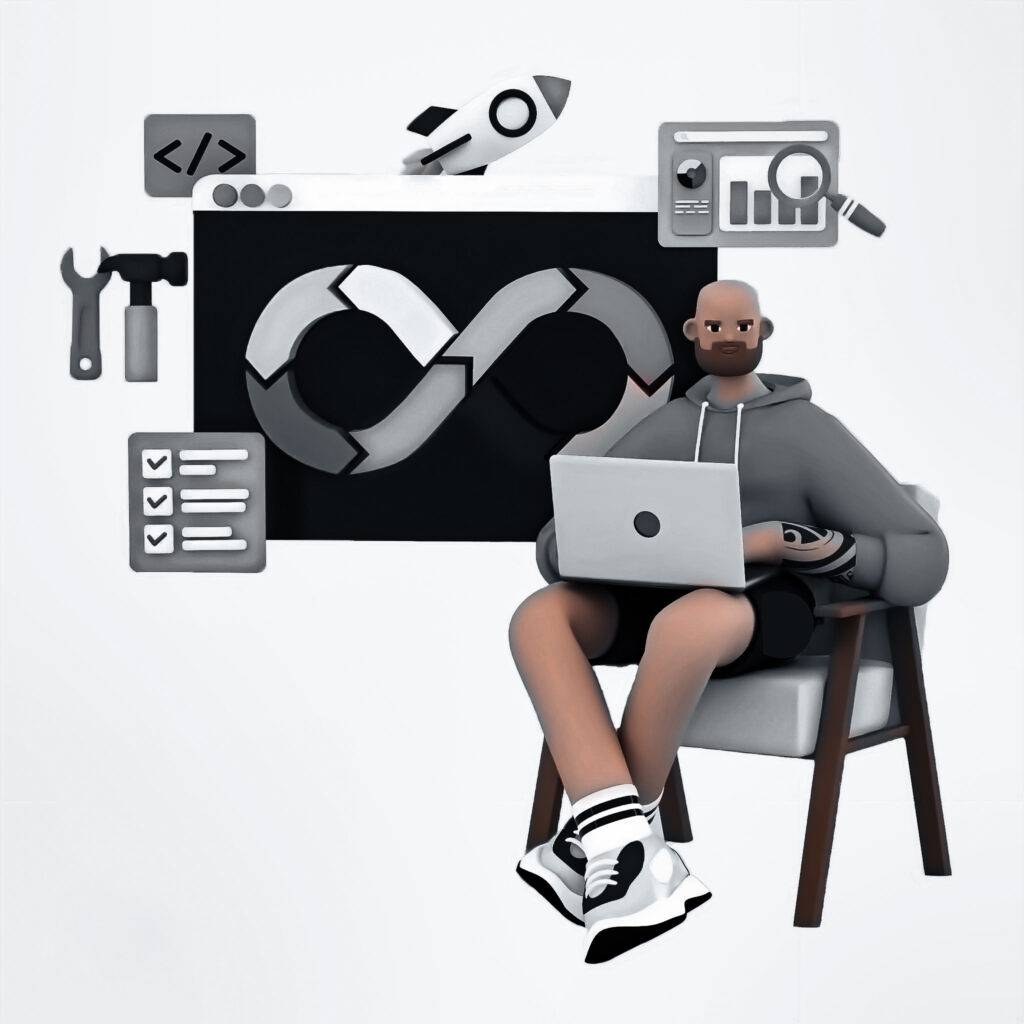
Advice for Aspiring DevOps Engineers
Transitioning into DevOps has been a rewarding journey, and I’d like to share some advice for those considering a similar path. This isn’t just about the technical skills; it’s also about the mindset and approach to learning and growing in this field.
- Embrace Continuous Learning The world of DevOps is vast and constantly evolving. Don’t be afraid to start small and gradually build your knowledge. Take advantage of online courses, tutorials, and certifications. More importantly, learn by doing. Hands-on practice is invaluable.
- Leverage Your Background No matter your previous experience, it can be relevant. My background in electronics repair and IT support gave me a unique perspective and problem-solving skills that proved beneficial in DevOps. Identify and leverage your strengths.
- Seek Mentorship and Community Find mentors who can guide you through your learning curve. Join DevOps communities online or in-person to connect with others in the field. These relationships can provide support, knowledge, and encouragement.
- Be Patient and Persistent The transition to DevOps can be challenging, especially if you’re learning new technologies. Be patient with yourself and persistent in your efforts. Every mistake is a learning opportunity, and perseverance will pay off.
- Focus on Fundamentals Understanding the basics of software development, networking, and system administration is crucial. These fundamentals will help you grasp more advanced concepts and tools used in DevOps.
- Balance Work and Life It’s easy to get consumed by the demands of the job, but maintaining a healthy work-life balance is vital. Make time for hobbies and relaxation. This balance will keep you motivated and prevent burnout.
- Communicate and Collaborate DevOps is a collaborative field. Develop your communication skills and work effectively with others. Being able to explain your ideas clearly and listen to feedback is essential.
- Stay Curious and Innovative Always be curious and look for innovative solutions. The field of DevOps thrives on creativity and innovation. Experiment with new tools and techniques to find what works best for you and your team.
- Reflect and Celebrate Progress Regularly reflect on your journey and celebrate your achievements, no matter how small. This reflection helps you recognize your progress and stay motivated.
For me, the main aspect of these achievements lies in the relationships and trust built along the way. Working closely with my team, we celebrated our successes together and learned from our failures. The camaraderie and shared sense of purpose created a supportive environment where everyone felt valued and motivated. These experiences have taught me the value of resilience and continuous learning. The support from my team, the satisfaction of solving problems, and the thrill of learning new technologies have made this journey incredibly fulfilling.
In conclusion, transitioning to DevOps is a journey of continuous learning and personal growth. Embrace the challenges, seek support from your community, and always keep a positive attitude. Your unique experiences and skills are your greatest assets in this field. I hope my story inspires and helps you on your own path to becoming a DevOps Engineer.
Read more tech topics
Modernise smarter, scale faster. BoatyardX helps you cut costs and unlock agility by transforming legacy apps through our DiscoverX process and the AWS 7Rs framework.
AI is reshaping how we work, shop, learn, and solve problems, it's creating experiences that seemed impossible just years ago. But what separates AI that transforms businesses from AI that gathers digital dust?
Cloud migration promises scalability, innovation, and long-term cost efficiency. Beneath the surface, however, many organisations encounter unexpected expenses that can derail timelines and budgets.
In recent years, software architectures have evolved rapidly, reflecting the changing needs of software developers and the business environment.
There’s a common belief in the digital world: paying for something guarantees a better experience. But is this always true?
How convenient would it be to have a quick solution at hand for developing a static web page, a proof-of concept application, a single-page application, or even a complete web app built with microservices?
Building a cloud-based product can be daunting for startups, especially when faced with a plethora of choices, trade-offs, and challenges.
Proud of your product but sense it hasn’t quite hit its stride? UX audits are an essential tool to ensure it hits its full potential.
At Adminovate 2024, Karolina Coates, Head of Design at BoatyardX, joined industry leaders to discuss the evolving landscape of user experience (UX) and fintech innovation.
The BoatyardX DiscoverX workshop is a collaborative, interactive experience where clients have the opportunity to explore product and technology concepts.
In today's fast-paced digital landscape, businesses are continually seeking innovative solutions to manage their infrastructure efficiently – and for good reason.
Within the sphere of modern applications, prioritising user experience has become paramount.
Whether you are a startup or a large corporation, it's likely you will face many of the same challenges in building the first version of a new product or application. We explore some of the critical success factors and lessons learned from supporting a broad range of clients in bringing new products to life.
We live in the times when seamless user experiences (UI/UX) are the cornerstone of digital success, businesses are strategically leveraging the nearshore advantage to bolster their design teams.
Before solution and implementation are merged into the upstream branch, a code review is a crucial stage in the software development cycle to obtain a second viewpoint.
Computer vision has become a significant influence in the remaking of numerous sectors in a time when technological innovation is the driving force.
In today's rapidly evolving digital landscape, the success of a product or service hinges on the user experience (UX) it delivers.
With over four years of experience as a .NET developer under his belt, Petru felt it was time to explore the growing demand for DevOps expertise, specifically in technologies.
WebRTC (Web Real-Time Communication) is an open-source transformative technology that revolutionizes real-time audio, video, and data sharing within web browsers.
What do startup founders and enterprise technology leaders have in common? Nightmare stories about unintended consequences of technology decisions.
Cognitive biases can have a significant impact on the quality and effectiveness of software being developed. How can software developers mitigate this impact?
At a recent Microsoft event speakers and attendees struggled to best describe the significance of AI and its potential impact on enterprise.
More organisations are starting to realise that the cloud is a great enabler for innovation, not just a more efficient way of running IT applications and services.
Skill gaps, high employee turnover and fierce competition for limited talent have only added to the pressure that businesses are facing from inflation. Though it may seem counter intuitive, it’s actually a good time to modernise or even replace applications, because they could be compounding your skills challenges.
Meta has called 2023 ‘a year of efficiency’ and they are far from alone in the corporate world. Many businesses are knuckling down, shedding staff and focussing on the old adage of ‘doing more with less’. Belt tightening is a business initiative again, like the bad old days of 2008.
Factors to consider when deciding whether or not to automate your QA.
At close to 4 years old BoatyardX has, for most of its short life, been a remote-first organisation.
How design helps you validate your product ideas within our Discovery Framework.
Have you ever wondered what it takes to have that genius spark that leads to groundbreaking, brilliant ideas?
This article briefly highlights the challenges faced by many software companies, and elements of the solutions we’ve helped map out with them.
This article briefly highlights the challenges faced by many software companies, and elements of the solutions we’ve helped map out with them.
De-risk your product build by answering fundamental product and technology questions up front
Often entrepreneurs skip brand development because of budget limitations or lack of available skillset. A solid brand strategy is, however, the foundation of a successful venture which stands out from the crowd.
An active player on the IT scene, BoatyardX was featured by Today Software Magazine (RO) in tech related topics as a subject matter expert.
When technology isn’t your core business it makes sense to go to an external partner such as BoatyardX. Discover how this approach works for Toronto-based Global Solutions Team.
We were recently interviewed by a new Software Insider website using a Reporter BOT, and it didn't go great! Sometimes #articialintelligence isn't as smart as we'd expect! See what you think.
Irish technology company BoatyardX delivers a compelling case for moving to the cloud to ensure the viability of your operations for the future.
As a growing start up, it’s important not to lose sight of the security and controls required on the IT systems that underpin the business. See how a recent Pen Test has resulted in significant cost savings at BoatyardX.
Pushing a new product live and then helping to demonstrate to early beta customers is a fantastic experience for a software development team.
BoatyardX’s approach to the cloud uses scalable, flexible Kubernetes technology. For businesses undergoing digital transforming, it is the wisest strategy.
Covid-19 represents both a driver and an opportunity for businesses to use digital innovation and build new products and applications more rapidly.

